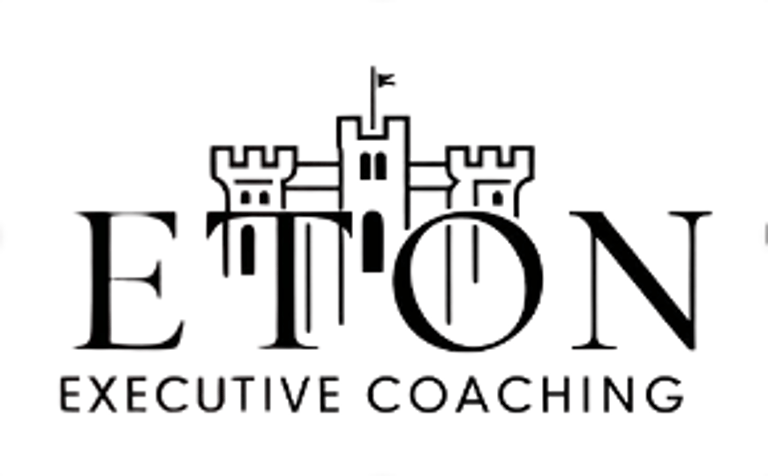Career SatNav
Navigating Career Transitions
3 min read


Navigating Career Transitions: The Benefits of Executive Coaching
Introduction
Experiencing redundancy or returning to work after a career break can be both challenging and full of potential. These transitions often prompt a period of self-reflection, leading individuals to reconsider their career direction, aspirations, and professional identity. Executive coaching provides a structured and supportive framework to navigate change with confidence, clarity, and purpose, helping individuals embrace new opportunities and make informed decisions about their future.
The Challenges of Career Transitions
Redundancy: Reframing Setbacks as New Beginnings
Redundancy can be a deeply unsettling experience, often leading to uncertainty about career prospects, financial stability, and professional identity. Many individuals feel an initial loss of confidence, particularly if their job has played a central role in their sense of purpose. However, redundancy can also serve as an opportunity for reinvention, prompting individuals to explore new career paths, industries, or entrepreneurial ventures.
Returning After a Career Break: Adapting to a Changing Landscape
Professionals returning to the workplace after an extended absence—whether due to caregiving responsibilities, personal commitments, or further study—may face concerns about changes in industry trends, shifts in workplace culture, and confidence in their own abilities. Many worry about whether their skills remain relevant or how to effectively reposition themselves within a competitive job market. Executive coaching provides the necessary guidance to overcome these barriers and re-establish a strong professional presence.
How Executive Coaching Provides Support
1. Clarifying Career Direction and Goals
Following redundancy or a career break, individuals often experience uncertainty regarding their next steps. Executive coaching helps clients identify their strengths, define their aspirations, and map out a clear career strategy. By providing structured reflection and practical insights, coaching enables individuals to align their future choices with their values and long-term ambitions.
2. Rebuilding Confidence and Self-Belief
Many professionals face self-doubt when transitioning back into work, particularly if their circumstances have affected their confidence or sense of competence. Coaching works to reframe negative thinking patterns, reinforce personal strengths, and cultivate self-assurance, ensuring individuals feel empowered to take ownership of their professional future.
3. Enhancing Leadership and Communication Skills
For those returning to senior positions or seeking progression, executive coaching helps refine key competencies such as strategic thinking, influencing skills, and stakeholder engagement. It equips individuals with the tools needed to communicate effectively, lead with confidence, and navigate workplace challenges with resilience.
4. Reintegrating into a Changing Job Market
Industry landscapes evolve, and individuals returning to work may struggle with shifting recruitment expectations, technological advancements, or networking opportunities. Coaching provides tailored guidance on updating CVs, leveraging LinkedIn, preparing for interviews, and positioning oneself effectively within the modern job market.
5. Developing Resilience and Adaptability
Transitions can be emotionally demanding, making resilience a crucial factor in navigating uncertainty and maintaining momentum. Coaching supports individuals in developing a growth mindset, enabling them to adapt to change, embrace new opportunities, and build sustainable career success.
Conclusion
Whether facing redundancy or returning after a career break, executive coaching provides the structure, clarity, and confidence needed to approach career transitions with purpose. By focusing on self-awareness, strategic career planning, and workplace adaptability, coaching equips individuals with the tools to thrive in their next professional chapter.
If you are reconsidering your career path or preparing to return to work, investing in executive coaching could be the key to unlocking your full potential.
Your next step
The first step towards having an executive coach is to book a free 30 minute, no obligation, consultation call. During this call we will explain a bit about our approach and explore what you want to achieve.
If you would like to explore having an Executive Coach, who has over a decade as Vice-Chancellor and CEO, the first step is to book a call to find out more.
Please go to the booking page https://calendly.com/etonexec/30-minutes-initial-call
This is your opportunity to experience the benefits of personalised coaching while building the skills needed to thrive in today’s dynamic world.
